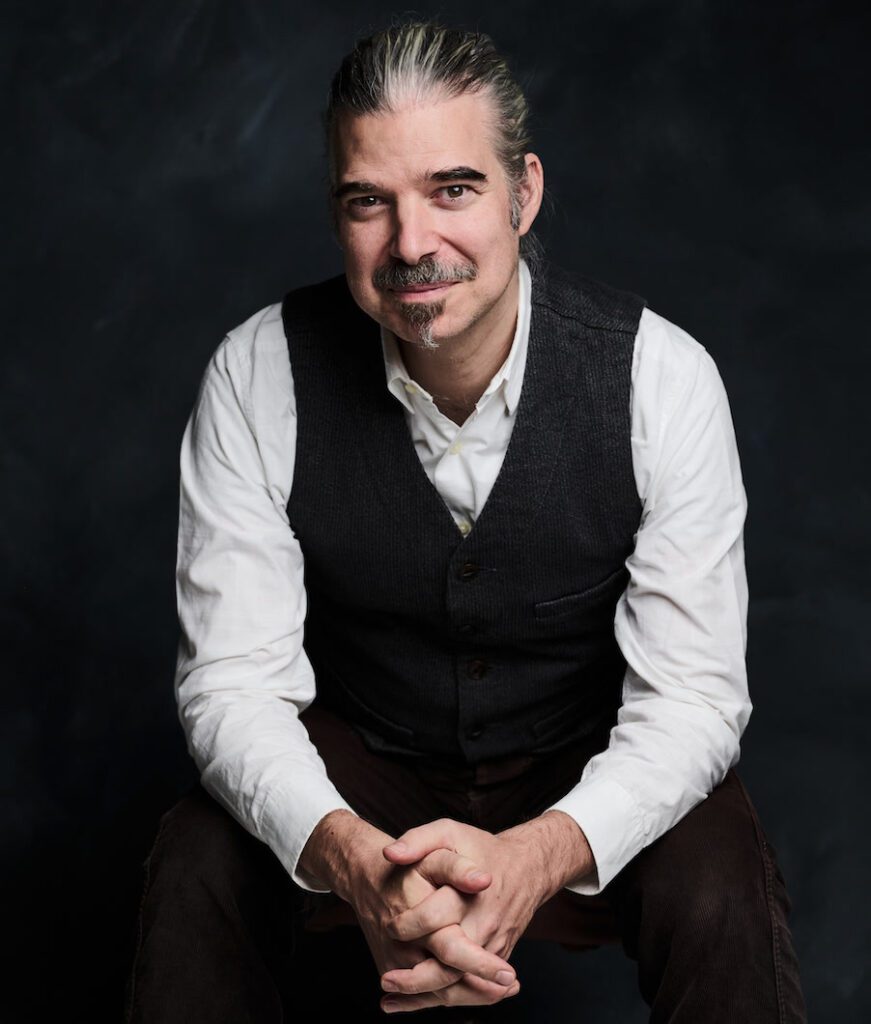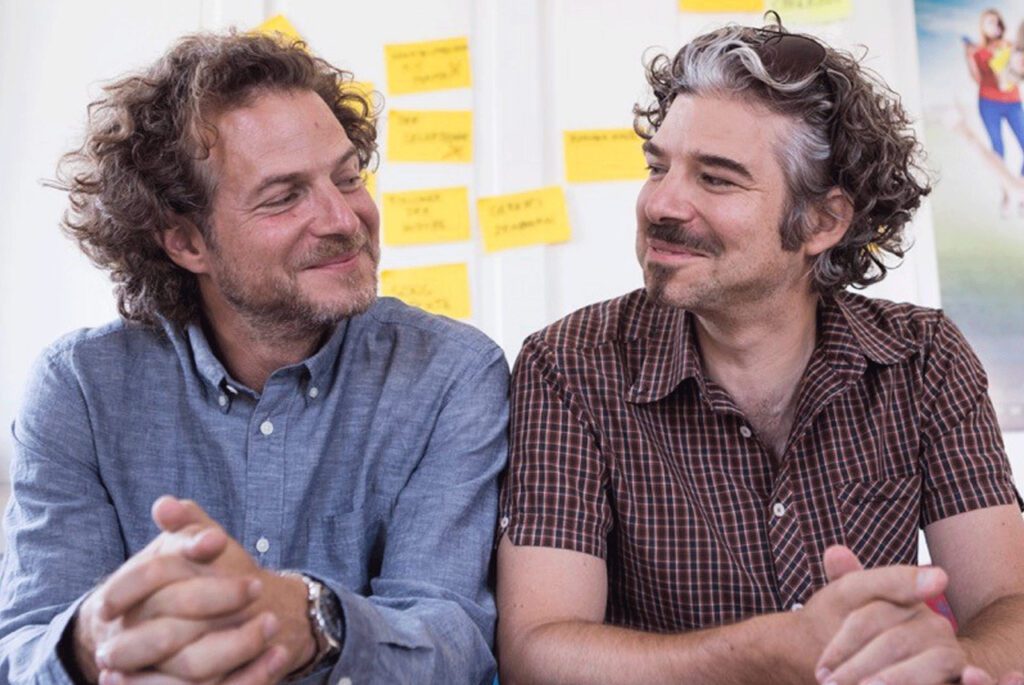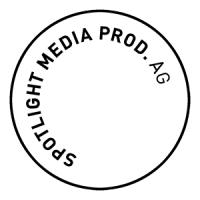THE PROJECT

Statement of the Director
Peter Luisi
Artificial Intelligence is all around us. With ChatGPT, a new tool was introduced which redefined the possibilities of computer-generated creativity. This is exciting, but also incredibly frightening. It has long been predicted that computers will make more and more jobs obsolete. However, until now we screenwriters thought to be exempt from this danger. After all, how creative can a computer be? As it turns out: astonishingly creative! It now almost seems like screenwriters aren’t going to be the last to be replaced by machines, but rather one of the first!
Undoubtedly, we are at a unique point in film history. For the first time ever it is possible for a computer to write a functioning plot, sequence of events, characters, actions and dialogues for a film. As someone who has dedicated his life to filmmaking and storytelling, I find this unbelievable. Still. Like Jack in the story, I used to believe that my ability to write screenplays could not be replicated so easily.
Read More
The film, therefore, is not just about screenwriters. It is a cinematic exploration of a topic which is much larger and affects many more people and professions. It was of great personal importance to me to make this film. As absurd as it may sound, this computer-generated screenplay is perhaps the most personal story I have ever told. The main character, Jack, has more similarities with me than I am comfortable with, and his dilemma and the questions he is faced with are things I am also currently dealing with as a creative professional. I even decided, like Jack in the story, to write a screenplay with artificial intelligence and no other personal input. How ironic that ChatGPT suggested exactly this story for the story! – I knew this is a film I have to make!
Statement of the Screenwriter
CHATGPT 4.0
Read More
Statement of the Producers
David Luisi & Peter Luisi
But just because it can be done, should it? Is it ethically viable to produce such a film? In a time when screenwriters in Hollywood have recently been forced into a long strike and tough negotiations over this very issue, among others?
Read More

The Concept
Vestibulum eu efficitur dui. Vivamus hendrerit nunc erat, at pretium turpis malesuada eget. Integer non diam pulvinar, vestibulum arcu ac, ornare libero. Donec eget nisl fringilla, lacinia sem ac, semper tellus.

AI's Role in Film Creation
Lorem ipsum dolor sit amet, consectetur adipiscing elit. Etiam ac porttitor nunc. Aenean molestie felis ac orci tincidunt, vel tristique mi vulputate.

Innovation in Storytelling
Lorem ipsum dolor sit amet, consectetur adipiscing elit. Etiam ac porttitor nunc. Aenean molestie felis ac orci tincidunt, vel tristique mi vulputate.

The Future of Film
Lorem ipsum dolor sit amet, consectetur adipiscing elit. Etiam ac porttitor nunc. Aenean molestie felis ac orci tincidunt, vel tristique mi vulputate.



